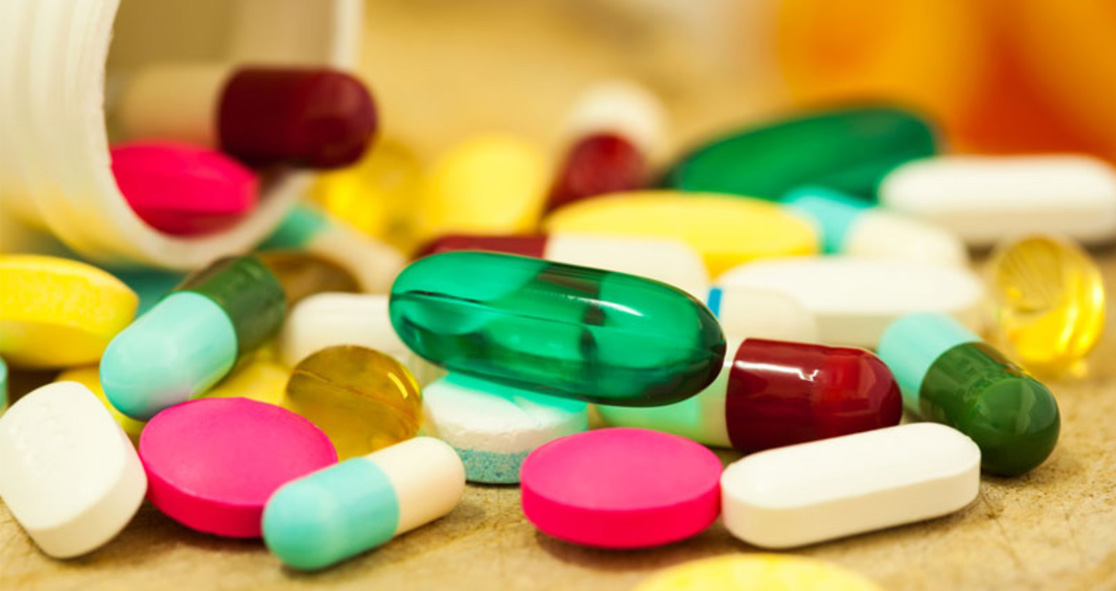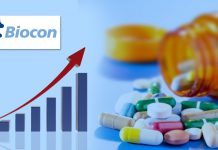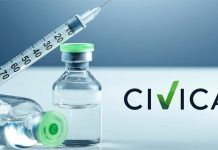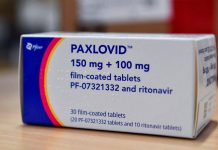In an article published in The State Journal-Register, Dr. Qing Yang and Kevin Parker, who are a married couple and live in Springfield, have explained some pros and cons of generic drugs.
Typically, generic drugs enter into the market after a new drug loses its patent protection, which could be up to 20 years. Once the patent expires, drug companies can make a generic drug that is “bio-equivalent” to its brand-name drug,
The Food and Drug Administration (FDA) requires a generic drug to be bioequivalent to its brand-name drug in terms of the active ingredient, indications, dosage, and route of administration. The agency says generic drugs are as effective as their brand-name counterparts and are 80 to 85% cheaper.
Dr. Yand and Parker wrote, “The cost of producing a generic is much cheaper than the original, and competition from multiple manufacturers drives down the price even further.”
“The price difference is the greatest for drugs whose patent expired a long time ago and whose market is dominated by generics,” they added. “For example, the average retail price for one month of lorazepam is $24, compared to $1,386 for Ativan.”
In the United States, nearly 90% of all prescriptions were filled by generics in 2020 alone. It has also been found that generic drugs save Americans more than $300 billion per year in healthcare costs. However, there are a few concerns over the quality and efficacy of generic drugs, as most of them come from other nations like India and China, where quality control is a big concern.
“Companies reduce costs by outsourcing production; the vast majority of generic drugs in America are manufactured in India and China, while others rely on raw ingredients from these countries,” Dr. Yang and Parker wrote.
“The factories aren’t as frequently inspected by the FDA as the ones located in the U.S. and may not hold up the same standard of production,” they continued. “Some unethical companies have even falsified data to pass regulatory approval.”
Citing an example, Dr. Yang and Parker wrote that a Chinese batch of contaminated heparin killed at least 81 patients in America and injured hundreds of others in 2008.
“More commonly we see inconsistency in the quality of generics, and consequently, their biological effects,” the couple wrote. “Unlike the single-source brand-name drug, generics are produced by multiple companies at multiple locations. Pharmacies freely switch suppliers due to price and/or availability.”
“Even if the concentration of the active chemical remains the same, the change in inactive ingredients like fillers, binders, and dyes, may cause different reactions when you take the pill,” they added.
Dr. Yang is an anesthesiologist at HSHS Medical Group and Parker plays a key role in formulating and administering public policy at various city and state governments around the nation. For more information on what they have to say about generic drugs, read the article titled “Health Matters: The Pros And Cons Of Generic Drugs” published Sunday in The State Journal-Register.























